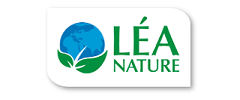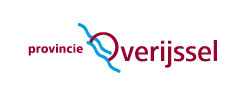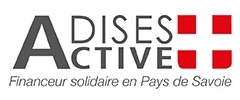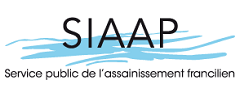Stronger action required on environmental pollutants
WECF represents environmental NGOs in WHO mid-term review of European Environment and Health Process (EEHP)
20.04.2015 |
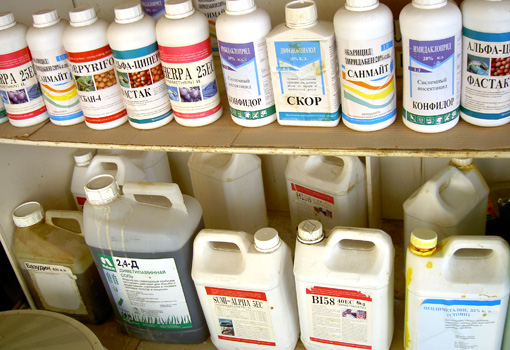
During the WHO European Environment and Health Process Mid-term Review (EHP-MTR) in April 2015, health and environment ministers from 53 countries will come together to evaluate progress and to identify the next steps towards meeting the goals of the Parma Declaration (2010) on Environment and Health. WECF/EcoForum will represent the environmental NGOs in this process.
The WHO gradually releases stories and publications on the topic, building up to the EHP-MTR meeting in Israel, on 28-30 April 2015. Below is the third article published in this regard.
Stronger action required on environmental pollutants
Exposure to toxic metals and persistent organic pollutants (POPs) remains a public health issue of serious concern, according to a new report entitled "Human biomonitoring: facts and figures", which will be presented at the WHO mid-term review of the European Environment and Health Process in Haifa, Israel, on 28–30 April 2015.
The report reveals that substantial numbers of children and women of childbearing age in countries of the WHO European Region are exposed to pollutants at levels that can cause adverse health effects. Human biomonitoring (HBM) measures levels of pollutants in the human body – including from blood, urine, hair and breast milk – reflecting exposures through various pathways.
Early-life exposure to mercury and lead can affect neurological development. While exposure to most POPs has declined steadily, their presence in breast milk remains an issue of concern owing to their potential endocrine-disrupting properties. The benefits of breastfeeding, however, outweigh the risks of exposure to pollutants.
More than 140 000 registered chemicals are in use in Europe. HBM studies highlight the importance of monitoring exposure to chemicals, especially among the most vulnerable groups, in order to inform and guide policy-makers in developing protective measures.
Exposure to pollutants varies substantially across the Region. Higher levels of exposure to DDT (dichlorodiphenyltrichloroethane) and phthalates were found in lower-income countries, while exposure to mercury is higher in countries with high fish consumption.
The report identifies concerns about the lack of HBM data that can be used effectively for policy development and monitoring.
One world pollution
"This is truly an international issue," explains Dr Dorota Jarosinska, Programme Manager for Environmental Exposures and Risks at WHO/Europe. "Some pollutants, such as mercury and POPs, can travel long distances in the atmosphere and cross international borders. People could be affected, for example, through eating fish that have been contaminated by pollutants released on the other side of the world. This is why internationally coordinated action is essential."
Identifying steps for the future
The report identifies the need to:
- harmonize HBM approaches throughout the European Region in order to produce internationally comparable data and identify populations with high levels of exposure;
- use HBM data in conjunction with emissions, lifestyle or nutrition data to identify sources of exposures, assess health risks and design evidence-based interventions to protect health.
Related News
Policy Dialogue On Sustainable Development, Health and Social justice in Tirana, Albania
Linking the Ostrava Declaration of the European Environment and Health Process to SDGs Agenda 2030
10.03.2018
UN Summit on Eradicating Poverty and Promoting Prosperity in a Changing World
8 days of advocacy and activism for a gender just future within the SDG process. WECF recently attended the UN summit on the Sustainable Development Goals (High Level Political Forum, HLPF) in New York and reports back on their experiences.
10.08.2017
Youth at the heart of ECO Forum's participation in Ostrava
Reporting back on WHO’s regional conference on environment and health, where WECF (and its ECO Forum delegation of 23 youths and seniors) was to advocate for a healthy future
23.06.2017
"Let's Ensure a Healthy Future" - WECF side event at WHO 6th Ministerial Conference
Protecting children from exposure to harmful chemicals to avoid irreversible damage.
14.06.2017
Midterm review of environment and health progress in the European Region
From 28 to 30 April WECF was part of the Ecoforum delegation, representing environmental organisations from the European Region, participating at the mid-term review meeting of the WHO European Environment and Health Process in Haifa, Israel
15.05.2015




















